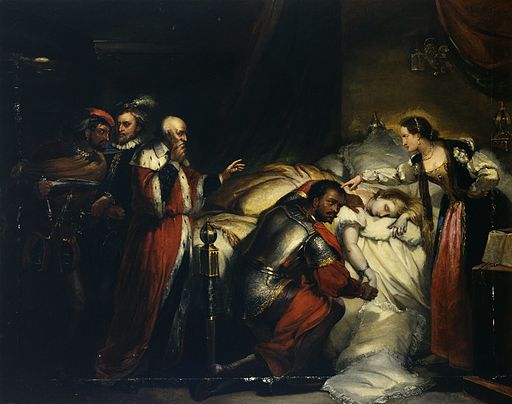Aristotle characterized envy as anguish at the prospect of another’s good fortune which is provoked by “those who have what we ought to have” (Aristotle in Cope, 1877). Russell (1930/2015) refers to envy as one of the most potent causes of unhappiness. Yet, some individuals would seem to desire the misery of others and seek to altogether reject such schemes that have been demonstrated to lead to good fortune and advantages. When a beneficial education is furthered, we see the advantages that can be derived—from practical approaches to schooling. In his article The Collapsing Case against Charter Schools, Williamson (2020) successfully summarises the case supporting charter schools, delivering a robust and vibrant summary of Sowell’s comprehensive analysis of the concerted assault against charter schools. Thomas Sowell (Dattel, 2018) has been accumulating empirical evidence endorsing the advances and efficacy of charter schools for decades. As Williamson (2020) reports, Sowell’s new book, entitled Charter Schools and Their Enemies (2020), completely eviscerates the stance held by those who oppose the expansion of charter school programs.
As Williamson (2020) reports, Sowell has been diligent in collecting a wealth of empirical data to support his case—overwhelmingly. Statistics can be used and misused (Spirer, 1998), but when correctly categorised, the information reveals a fascinating story: “White students in Texas outperform white students in Iowa, Hispanic students in Texas outperform Hispanic students in Iowa, and black students in Texas outperform black students in Iowa. But Iowa is very, very white, and Texas is not”. Many charter schools have been founded in traditionally poverty-ridden areas where the students had been failing. The contrast between states is not correctly categorised when averaged, because of the difference in composition based on location. Still, it is preferably rendered when you take the schools and analyse them against the structured categorisation of the data. As Williamson notes, when Sowell does so, the consequence of employing new teaching methods may be readily seen. The evidence as obtained through analysing the numbers leads to a proverbial “bloodbath”—counter to the position of those opposing charter schools.
There are many reasons why people oppose charter schools. In part, by diverting money from public education and conventional public schools, capital is shifted away from non-union teachers and non-union administrators. The movement of funds away from government schools leads to a drain of power away from unionised groups. On top of it, we see some individuals demonstrating their jealousy of the gains being made by minority groups in the schools. Some teachers, educators, and parents look at the introduction of improved education for those in poverty, and see something that their children did not have. They look at others with envy, and resent the improvement that has been bestowed upon them.
If we want a better society, we should allow people to have a choice. Significantly, the choice in question should not be based on our decisions, but rather on the informed decisions of the parties involved. When we allow external parties to interfere with the development of human capital that will allow those in poverty to escape a greatly diminished life, if we allow envy, greed, and lust for power to bring others down to their level, can we not see Shakespeare’s Othello being dragged down by an Iago, in a parallel of greed and lust for power (Shakespeare et al., 1604/2015)? When we see unionised teachers and officials attacking charter schools simply because they work, we need to ask whether it is government policy that we need to protect the education of our students.
References
Cope, E. M. (1877). The Rhetoric of Aristotle: With a Commentary (Vol. II; J. E. Sandys, Ed.). Cambridge University Press.
Dattel, G. (2018). Looking Beyond the Numbers. Academic Questions, 31(3), 368–372. https://doi.org/10.1007/s12129-018-9725-1
Russell, B. (2015). The Conquest of Happiness. Routledge. (Original work published 1930)
Shakespeare, W., & Rose, C. (2015). Othello / William Shakespeare; retold by Chris Rose. Macmillan Education. (Original work published 1604)
Spirer, H. F., Spirer, L., & Jaffe, A. J. (1998). Misused Statistics (2nd ed.). CRC Press.
Sowell, T. (2020). Charter Schools and Their Enemies. Basic Books.
Williamson, K. D. (2020, July 27). The Collapsing Case against Charter Schools. National Review. https://www.nationalreview.com/magazine/2020/07/27/the-collapsing-case-against-charter-schools/
[Image: Othello's Lamentation; William Salter, CC BY-SA 4.0 https://creativecommons.org/licenses/by-sa/4.0, Wikimedia Commons]

